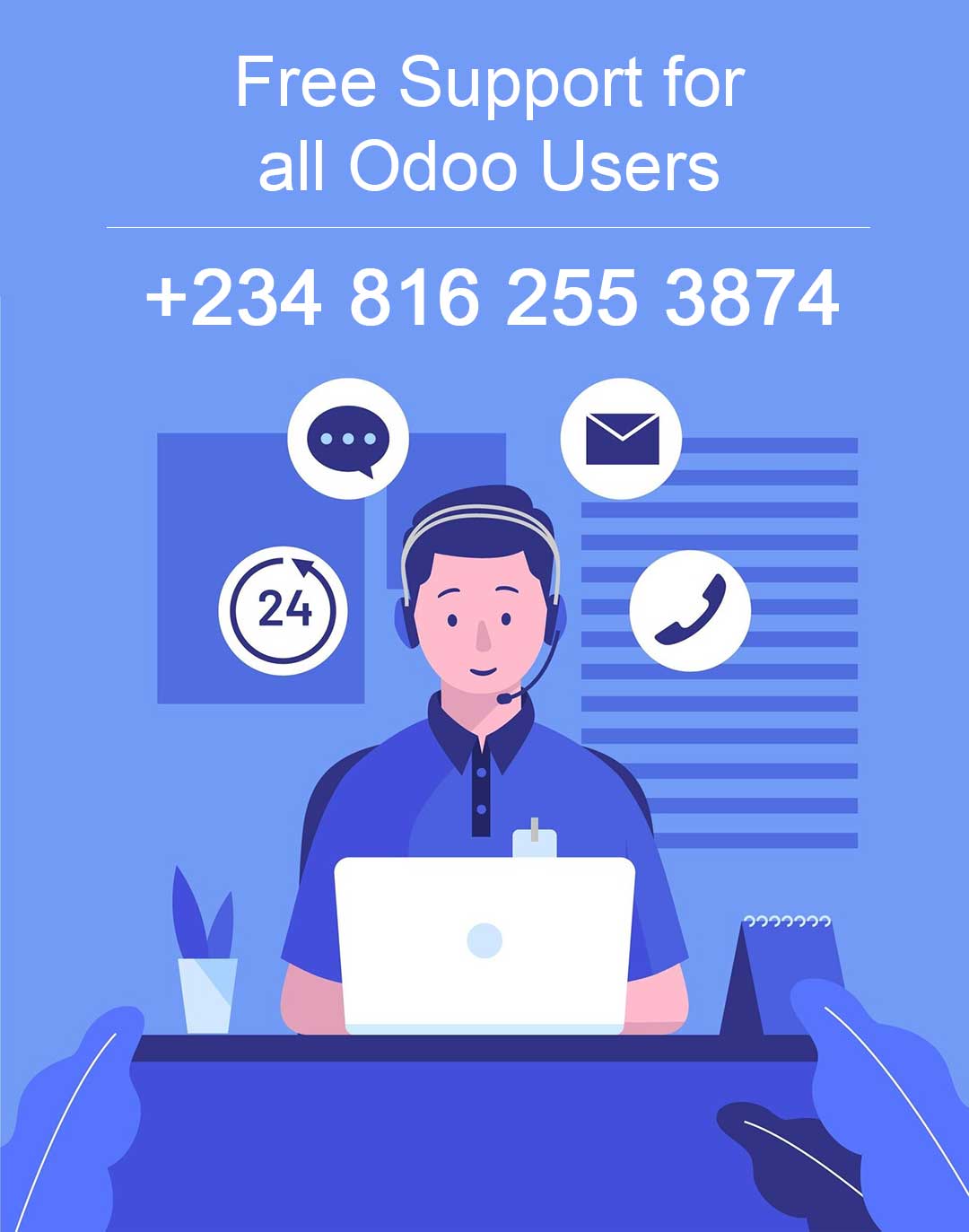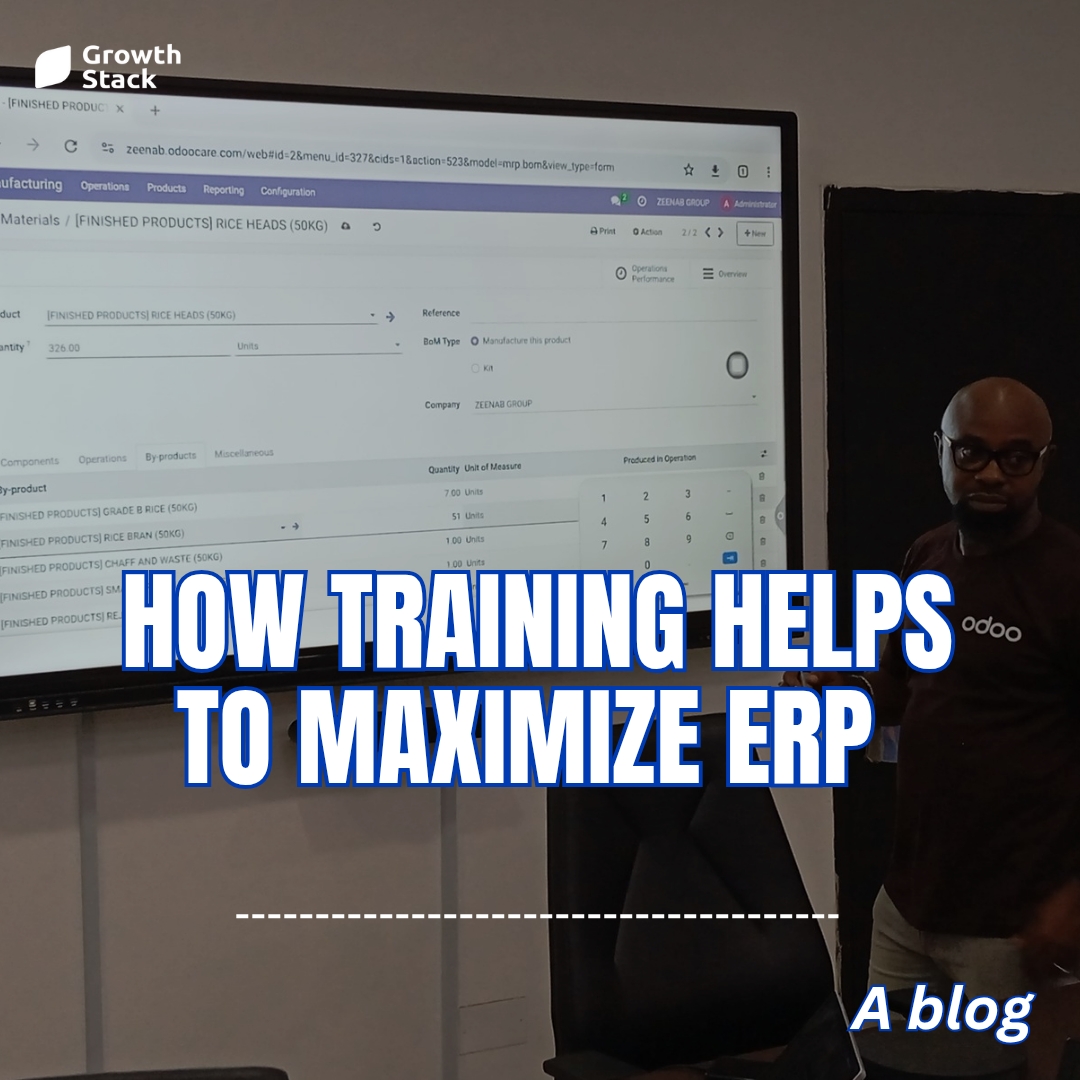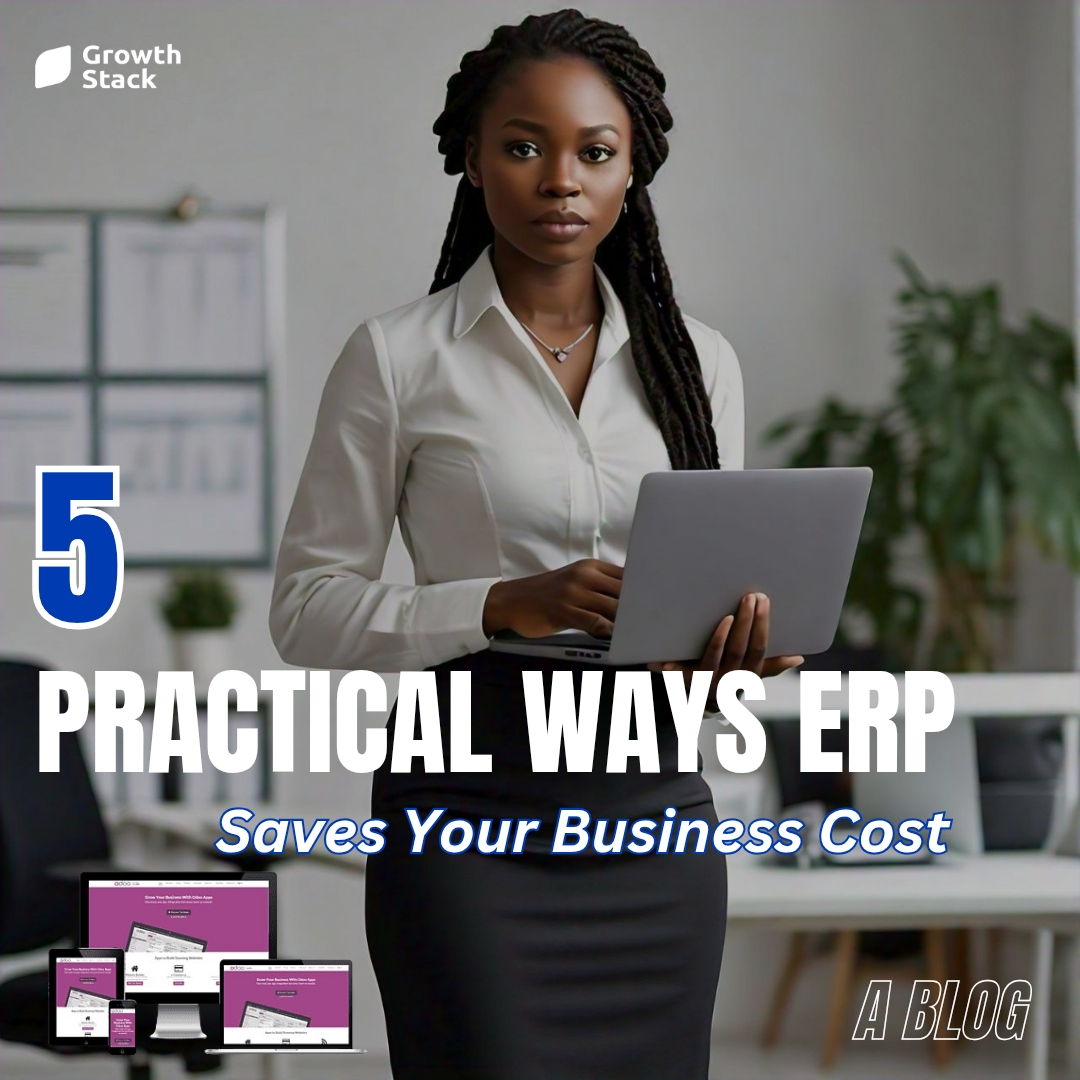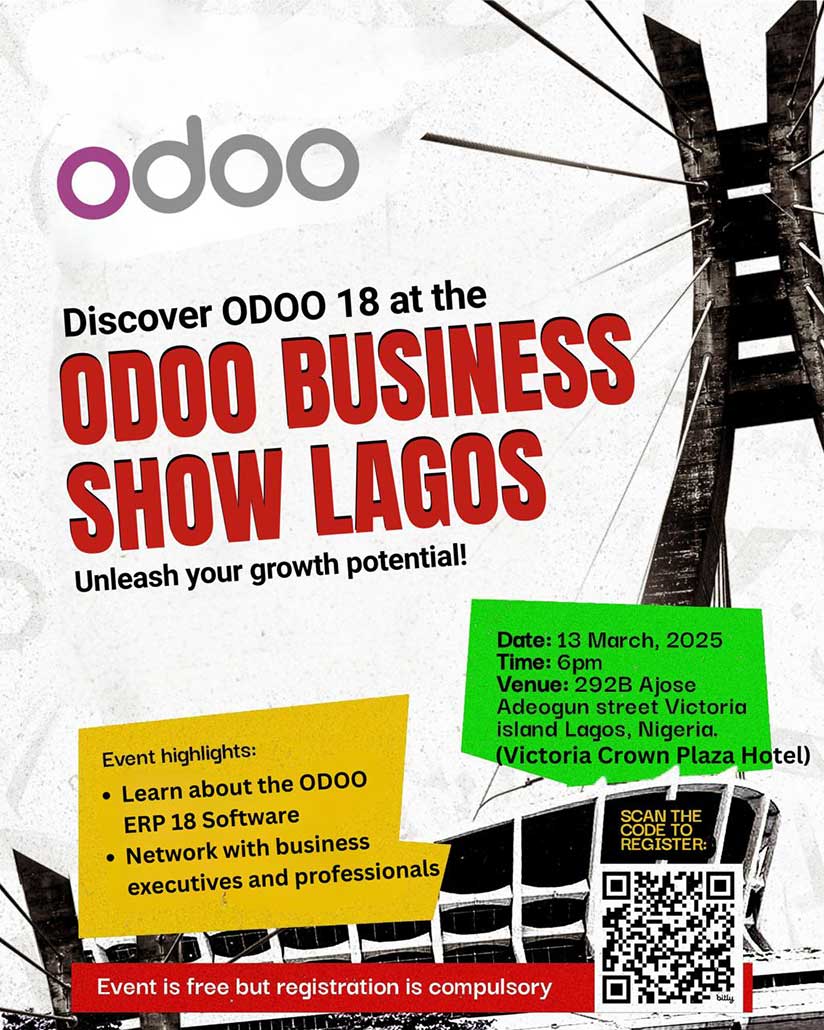Differences between Accounting Software and ERP Software.
We in the software sector are so used to using technical terms that we forget that not everyone understands what terminology like “ERP Software” imply. This was brought to my notice recently when a friend asked for my opinion on accounting software for her firm. She’d assumed that any accounting software package would be able to handle all inventory management, purchasing, and other logistical needs, but she’d received several recommendations from industry insiders to look at software that turned out to be excellent at all basic accounting functions but had limited or no functionality in the supply chain and logistical areas. She had never heard the term “ERP Software” before.
Many people confuse accounting software and ERP, however they might imply quite different things depending on whether you’re talking to a potential software provider or a consultant/recommender.
-
Accounting Programs.
The distinction between ERP and accounting software is that accounting software is often limited to accounting functions (hence the name). This can include things like:
-
Accounts Receivable.
The amount of money owing to a company for products or services provided or utilized but not yet paid for by consumers is known as accounts receivable (AR). Accounts receivables are a current asset on the balance sheet. Any sum owing by clients for purchases bought on credit is referred to as AR.
-
Accounts Payable.
“Accounts payable” (AP) is a general ledger account that shows a company’s commitment to repay a short-term debt to creditors or suppliers. Another typical meaning of “AP” is the business department or division in charge of making payments to suppliers and other creditors on behalf of the firm.
-
Bank Management
Bank management, in general, refers to the process of overseeing the Bank’s statutory activities. The specific purpose of management in banking is financial relations related to banking operations and other interactions, which are also related to the performance of management duties in banking.
-
Financial Reporting.
The practice of documenting and discussing financial operations and results across defined time periods, usually quarterly or yearly, is known as financial reporting. Financial reports are used by businesses to compile accounting data and report on their current financial situation.
-
Basic Revenue/Sales Recording and Tracking.
Sales tracking is keeping track of and evaluating all aspects of your sales process in order to improve it.
-
Enterprise Resource Planning (ERP) Software.
ERP software, on the other hand, will always have the same accounting capabilities as well as additional tools for managing the complete supply chain and logistical requirements, such as:
-
Inventory Management.
ERP inventory management is a unified approach to company planning and operations that allows companies to manage all of their finances, logistics, operations, and inventory in one location.
-
Management of the Warehouse.
The Warehouse Management System is designed to make day-to-day warehousing operations easier, enhance inventory accuracy, and give real-time visibility into warehouse operations. ERP (enterprise resource planning software) is a collection of business management applications that includes several modules for managing all aspects of a company.
-
Management of Customer Relationships.
CRM (Customer Relationship Management) and ERP (Enterprise Resource Planning) software are effective business tools. CRM is in charge of sales, marketing, and customer service data.
-
E-Commerce.
ERP refers to the process of selling ERP systems to various organizations and businesses. The selling and purchase of products and services through the internet is referred to as e-commerce. Vendors build ERP systems after being commissioned by a company.
-
Scanning barcodes and more.
ERP stands for enterprise resource planning, and it is a completely integrated and comprehensive end-to-end system that addresses all (or almost all) aspects of a company’s operations. When a firm is new and order volume is minimal, many organizations begin with rudimentary accounting functions. However, when your company expands and you want more capabilities, it will be necessary to consider an ERP solution. Robust ERP software will also incorporate more advanced industry-specific functions. Features like lot monitoring and landing cost tracking, and document management for example.
In conclusion, it would never make sense for a firm to adopt both systems since ERP software incorporates all of the required accounting functionality. Instead, after your company has outgrown manual procedures and demands extra capabilities such as warehouse management, inventory monitoring, ecommerce, and so on, it’s time to look at an all-in-one ERP system.
Find out more right now.
Please contact us right away to learn more about how we can help. The Odoo ERP system may assist you in achieving increased process transparency, which is required for long-term remote working to be successful. We are an international team of ERP business improvement system specialists who create and market ERP solutions for a variety of industries. We can assist you in creating the ideal ERP solution to support your remote working endeavors.













